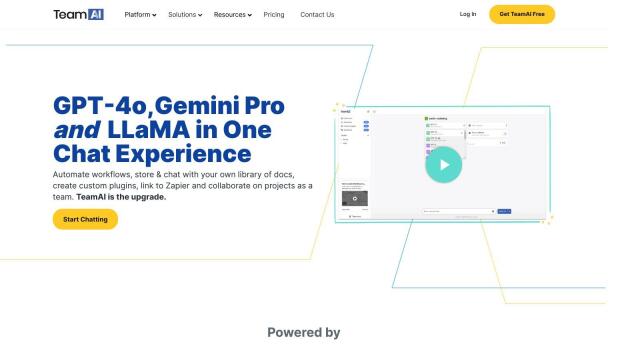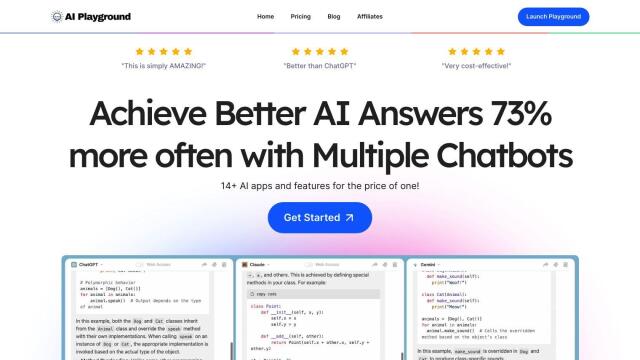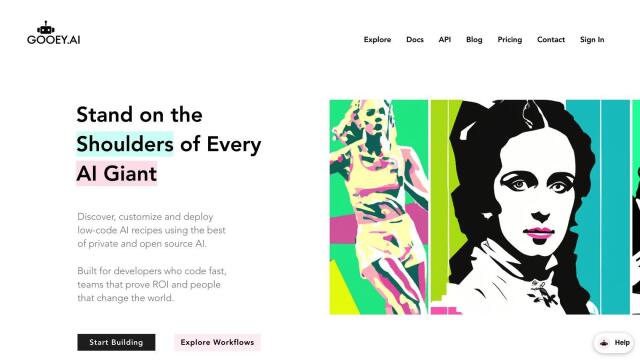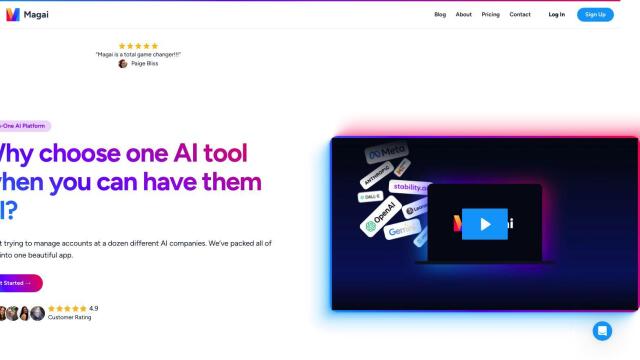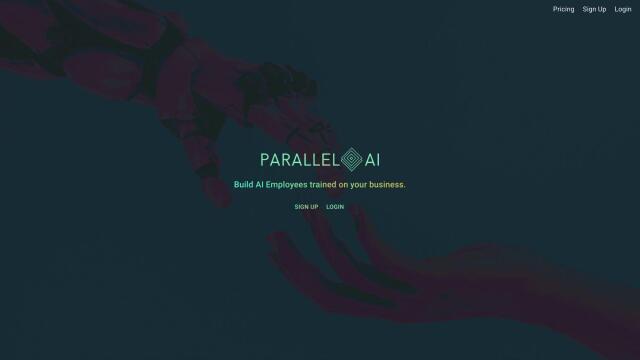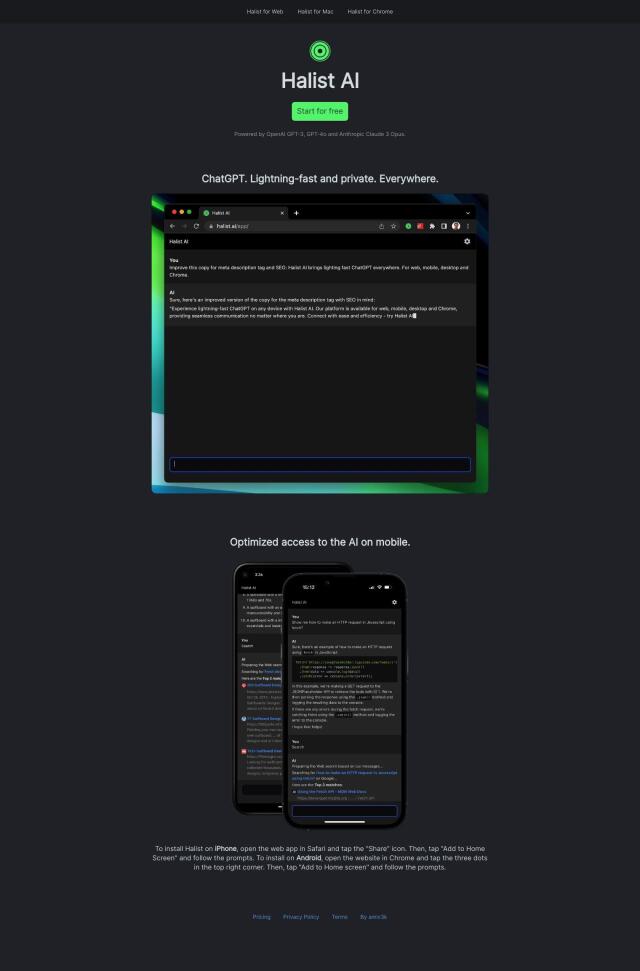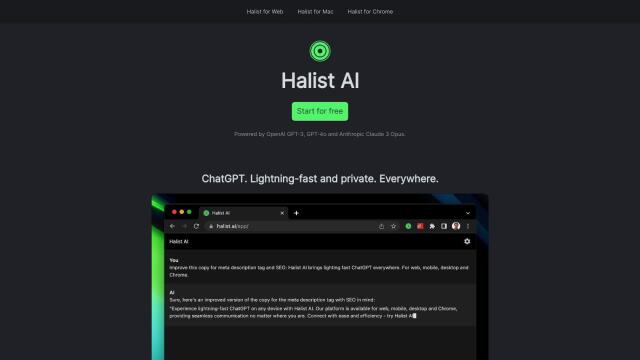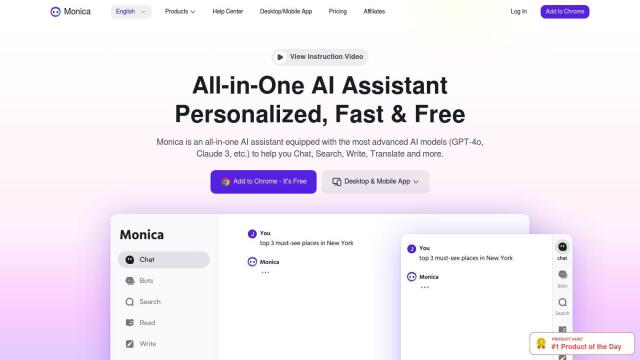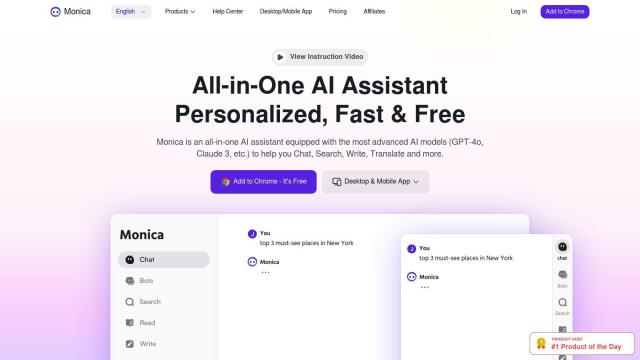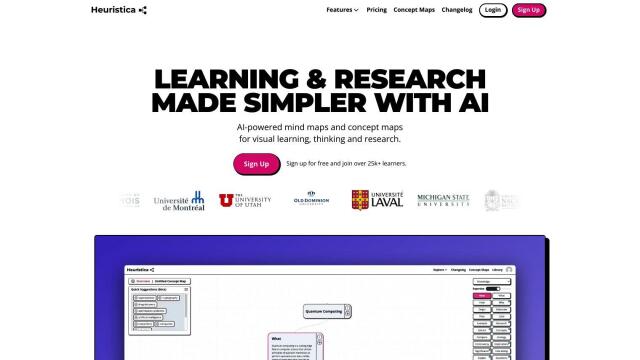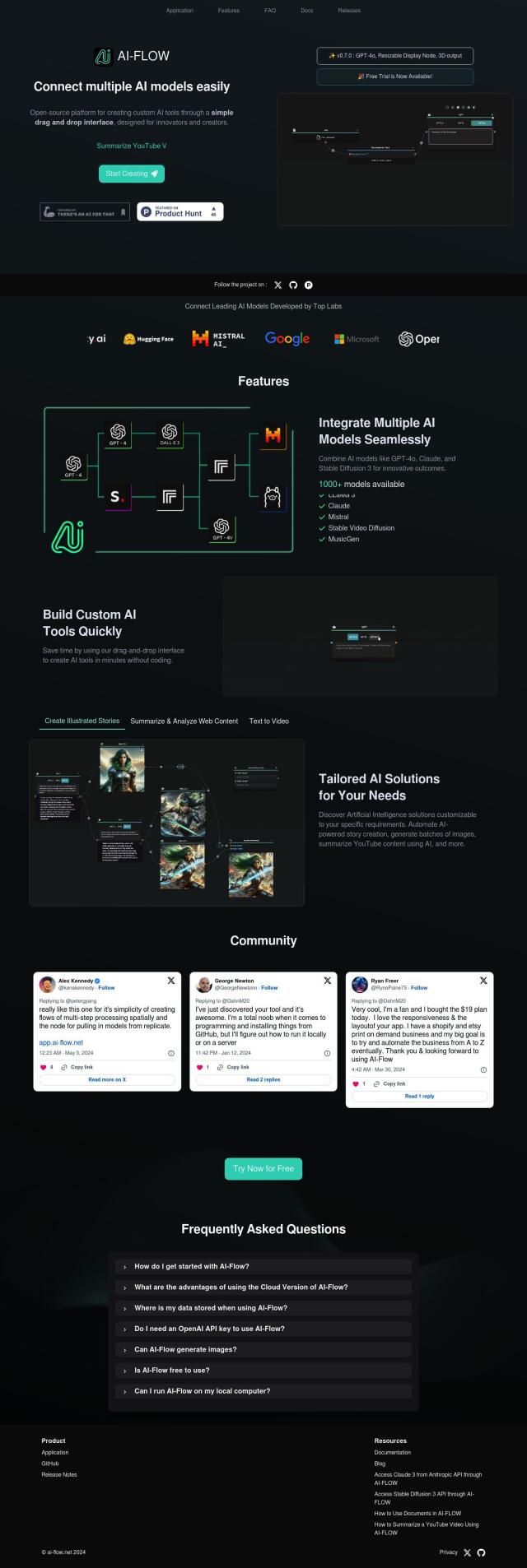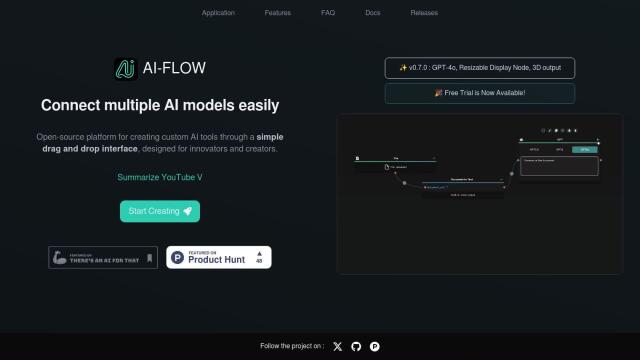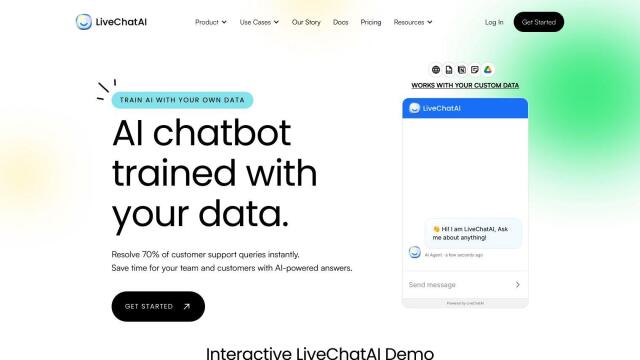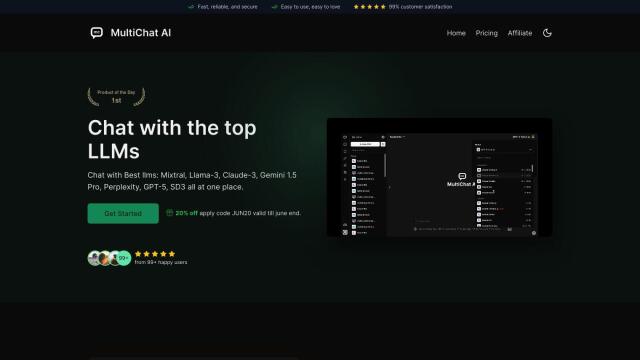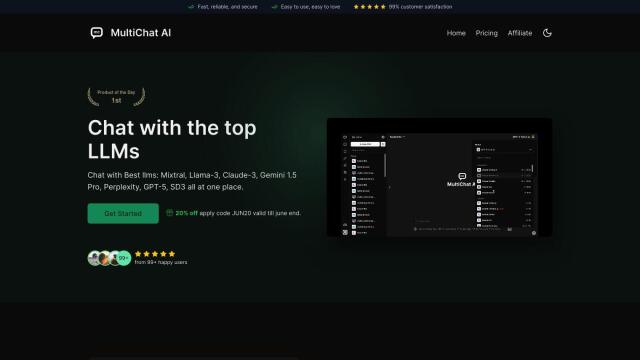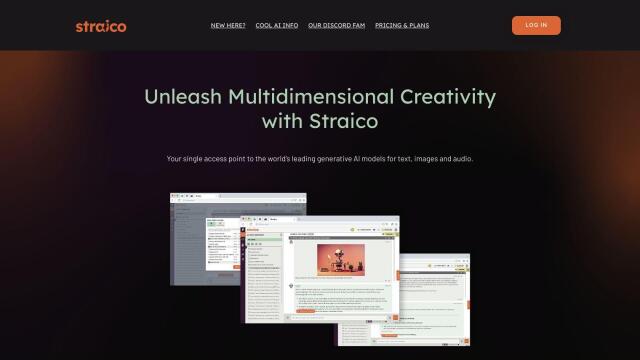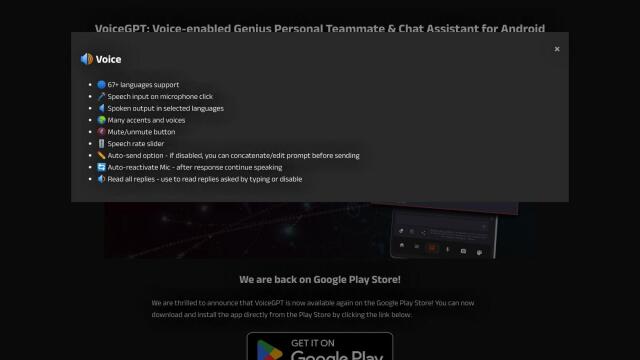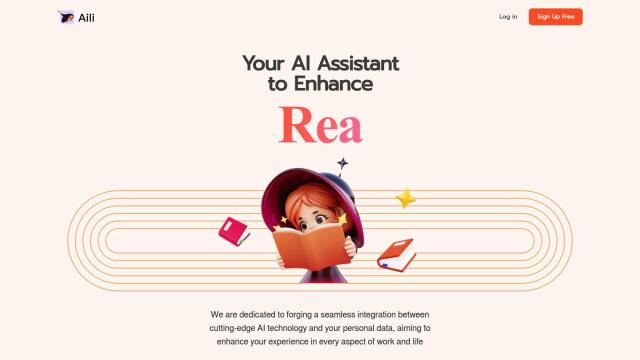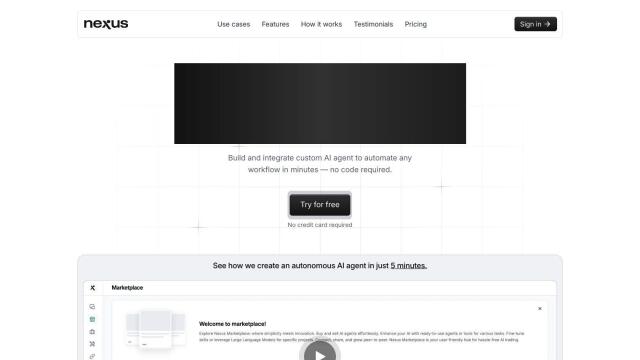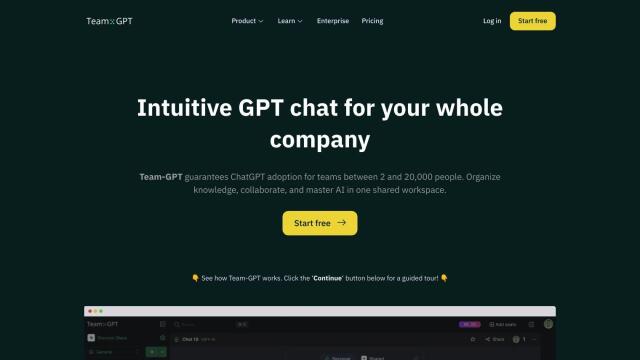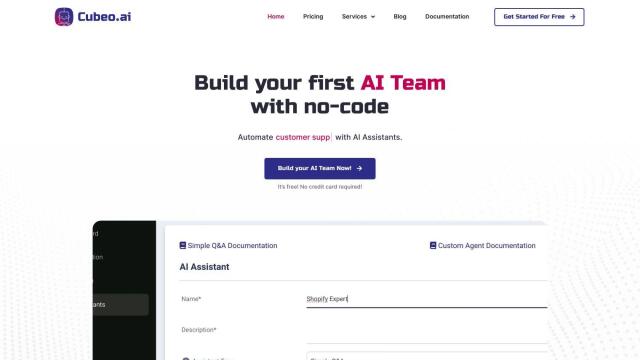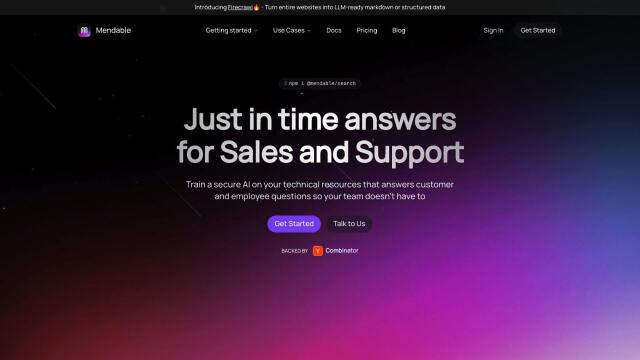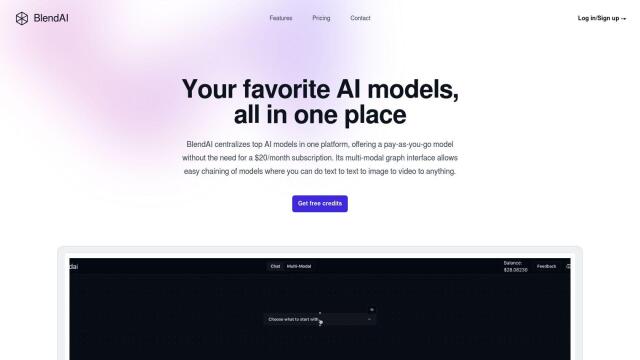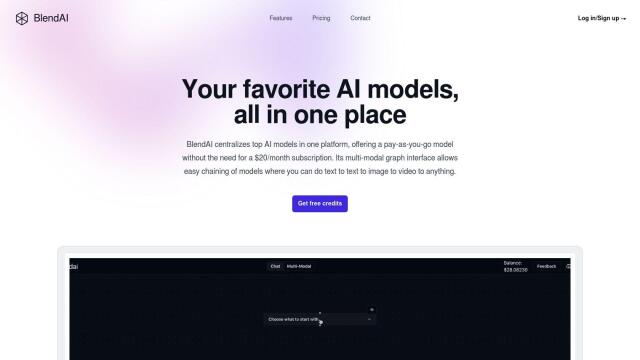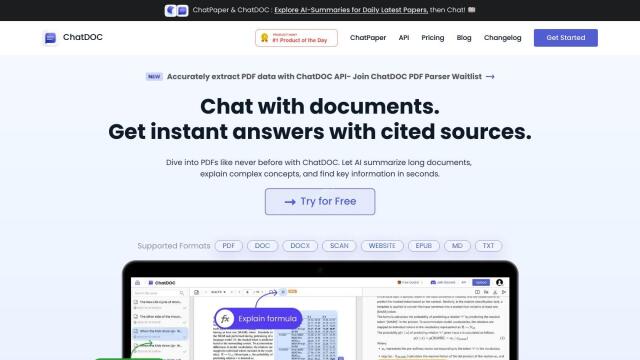
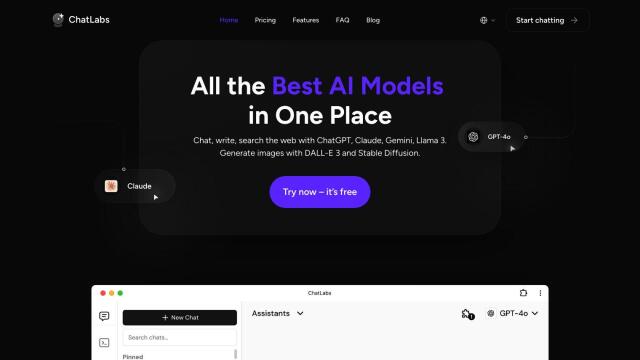
ChatLabs
If you're looking for a different OmniGPT alternative, ChatLabs is a good choice. It aggregates several AI models, including OpenAI, Claude, Gemini, Llama, Groq and Mistral, so you get a lot of different AI abilities. It's also got a lot of different features, including multi-AI chat models, AI assistants, DALL-E 3 for generating images, Stable Diffusion for generating images, and support for voice input and text-to-speech. It's geared for sales operations, marketing content creation and customer success, and prioritizes user privacy and security.

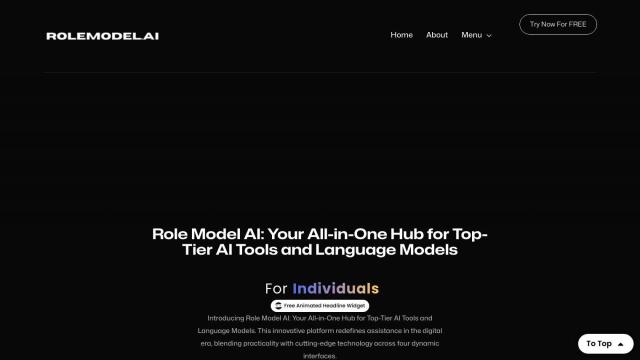
Role Model AI
Another powerful alternative is Role Model AI, which offers a wide range of abilities through multiple interfaces, including voice, digital and 3D avatars. The service supports a variety of AI models and integrates with Zapier and other services. It's good for a wide range of tasks, including music generation, image generation and video generation, and you can customize settings and use more than 50 generative tools. It's available in two pricing tiers, so it's good for personal and business use.

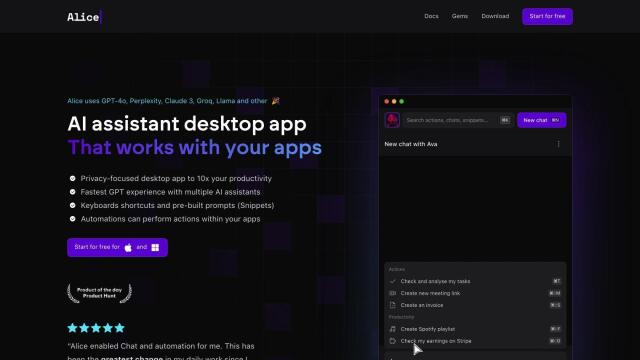
Alice
If you want a productivity-focused tool, check out Alice. This desktop app supports several AI models, including GPT-4, Vision, Perplexity and Claude. It's got keyboard shortcuts, built-in prompts for a variety of tasks, and the ability to send actions to other apps. Alice is good for social media management, voice memos and integration with Google Calendar. Its interface is easy to use, and its pricing is flexible, so it's a good choice if you need a quick and reliable GPT experience.

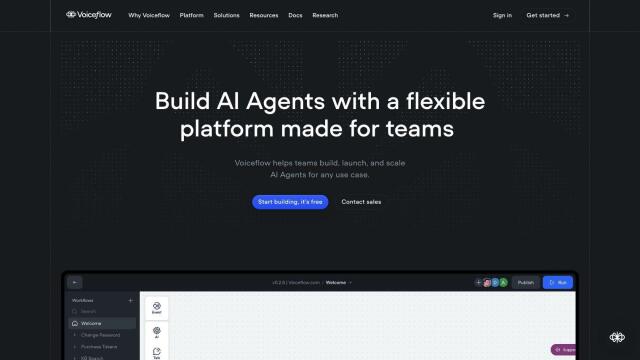
Voiceflow
Last, Voiceflow is a collaborative tool for building and scaling chat and voice AI agents. It lets you create custom AI experiences with a visual drag-and-drop builder and integrates with a range of services like analytics tools and CRM systems. Voiceflow is good for automating customer support and building in-app assistants, and it offers a range of pricing tiers for businesses.



